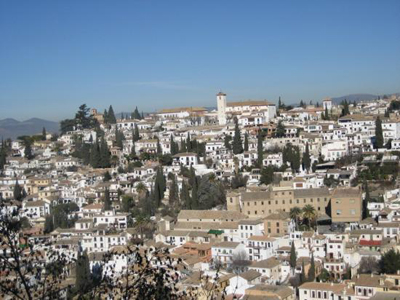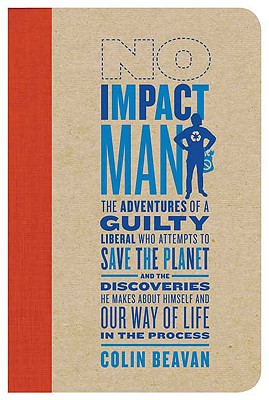Growing Up Digital
"The bottom line is this: If you understand the Net Generation, you will understand the future. If you're a baby boomer or GenXer: This is your field guide," so says Don Tapscott in his 2009 publication, Grown Up Digital: How the Net Generation is Changing Your World. This book is one of three textbooks for my Media Arts & Studies 555 course, The Internet and Social Change. Tapscott recognizes how my generation--the Net Generation--is a unique and powerful social shift that is manifesting itself in nearly all aspects of life. The book is divided into chapters that analyze and compare the Net Generation and the Baby Boomers in terms of their cognitive processes, educational structures, the work force, the marketplace, the family unit, and more. The more I read it, the more I find myself agreeing with Tapscott. His argument is based on what he names "Eight Generation Net Norms".
One of the most evident similarities bewteen my life and the book comes from the chapter regarding the workforce. Employers geared towards retaining the Net Generation are vastly different from traditional work models. Net Geners want their opinions to be heard and valued. At A&S, I feel great about my contributions to the College, and I know that my collegues value my input. Technology is central to my workflow. I use it to communicate and collaborate with dozens of people simulataneously, as Tapscott says "Work has become more cognitively complex, more team-based, more depednet on social skills and...depends less on geography and more on technological competence." My job is very fluid and flexible, adapting to new technologies and new problems as they arise. In this way, I'm kept on my toes. To work at A&S is to take part in an open, two-way dialog. We use emails, blogs, social media sites, and other digital media applications to engage one another and help share the stories of A&S. The skills I am learning now are life-long skills that will help me in my future professional life. These are all things covered in Tapscott's book. It's a great place to work and I am very fortunate to have this position.
Grown Up Digital is a great read and I reccommend it to practically everyone. We, the Net Generation, are the first generation bigger than previous generations, we've grown up along side the Internet, we can multitask and adapt to new environments. We are young, we are educated, and we are confident. Look out!

 I was extremely fortunate to be able to spend the Fall 2010 semsester studying abroad in
I was extremely fortunate to be able to spend the Fall 2010 semsester studying abroad in  But perhaps undertaking huge changes in smaller bits can help us acheive our goals more realistically and happily. Baby steps has been the mantra of many people for all kinds of things. Thanks to UK's Common Reading Experience,
But perhaps undertaking huge changes in smaller bits can help us acheive our goals more realistically and happily. Baby steps has been the mantra of many people for all kinds of things. Thanks to UK's Common Reading Experience,